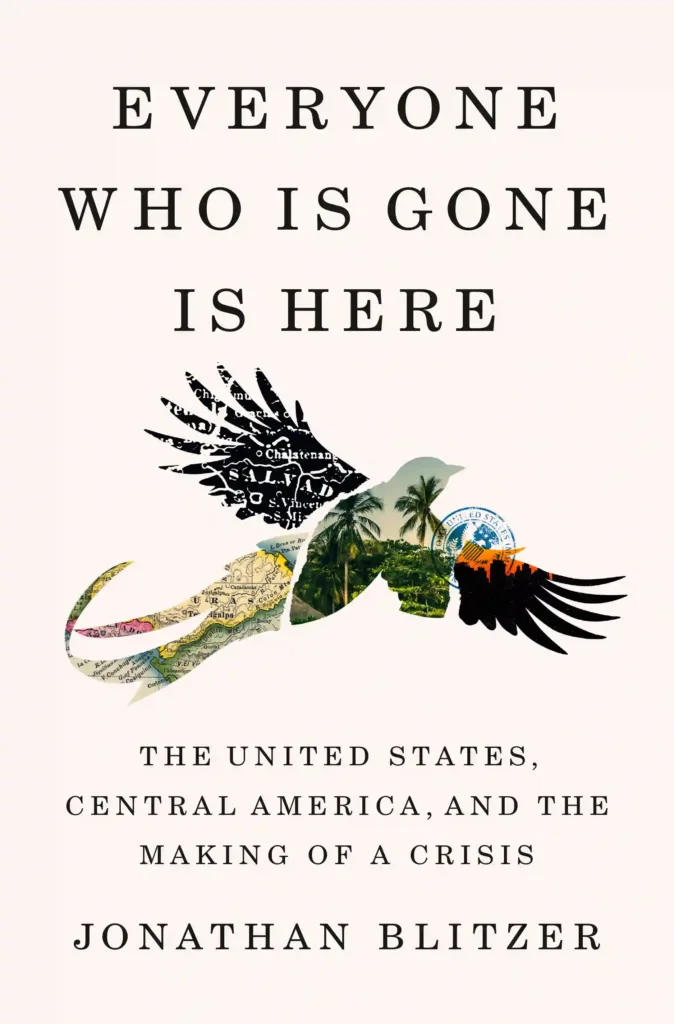Book Summary of Everyone Who Is Gone Is Here
This book, Everyone Who Is Gone Is Here, really hits you hard. It’s not just about the migrant crisis at the border; it tells individual stories and shows how decades of bad politics created this mess. Blitzer lets migrants from places like El Salvador and Honduras speak for themselves. You hear their desperation – why they left everything for a chance at safety.
But it’s more than just sad stories. The book is a powerful argument against the policies in both the US and Central America that keep this cycle going: people are displaced, then detained, then deported. Blitzer did his homework. He talked to everyone – border patrol, politicians, people helping immigrants, and families whose lives have been turned upside down by all the rules. He makes sure you hear the voices of those who aren’t usually heard, and he calls out the people in power.
This isn’t just a book about one issue. It looks at how immigration is a core part of what America is today, how it shapes our politics, and what it says about our values. Everyone Who Is Gone Is Here grabs you and makes you really think about the border crisis and the people caught in the middle of it.
Author Intro
Jonathan Blitzer
Jonathan Blitzer at The New Yorker is the real deal. He gets noticed for his investigative reporting, especially on immigration, what’s happening in politics, and stuff in Latin America. What’s cool about his work is that he knows his stuff when it comes to politics, but he’s also a great storyteller. So, he can really connect with you on a personal level while also showing you the bigger picture. With his book, Everyone Who Is Gone Is Here, he took all his on-the-ground reporting and interviews and turned it into a story that makes you really think about this huge, controversial issue in America.
Book Reviews of Everyone Who Is Gone Is Here
Blitzer doesn’t just document policy—he illuminates lives. I’ve worked with asylum seekers for over a decade, and this book captures the heartbreak, hope, and systemic cruelty they face with painful accuracy. But what makes it so vital is its balance: he holds institutions accountable without losing sight of individual humanity. This book should be mandatory reading for every lawmaker and voter.
What sets this book apart is its scope. Blitzer weaves a dense history of migration policy with investigative storytelling that reads like a novel. It’s an indictment of bipartisan failure over decades, exposing how well-meaning reform and reactionary politics alike created an inescapable trap. A masterclass in narrative journalism, grounded in facts and driven by deep compassion.
Reading this broke me in all the ways that matter. My parents fled El Salvador, and though they never told me all the details, this book filled in the silence. I saw them in every chapter. The fear, the courage, the bureaucracy that treated them like numbers. Blitzer doesn’t flinch, and he doesn’t condescend. He just tells the truth, and it’s unforgettable.
Blitzer writes with both journalistic rigor and a storyteller’s grace. He captures the contradictions, the heartbreak, the small moments of resistance, and the massive forces at play. I came away not only better informed, but emotionally invested in people I’d never met. If you want a book that will move you and change your perspective, this is it.





